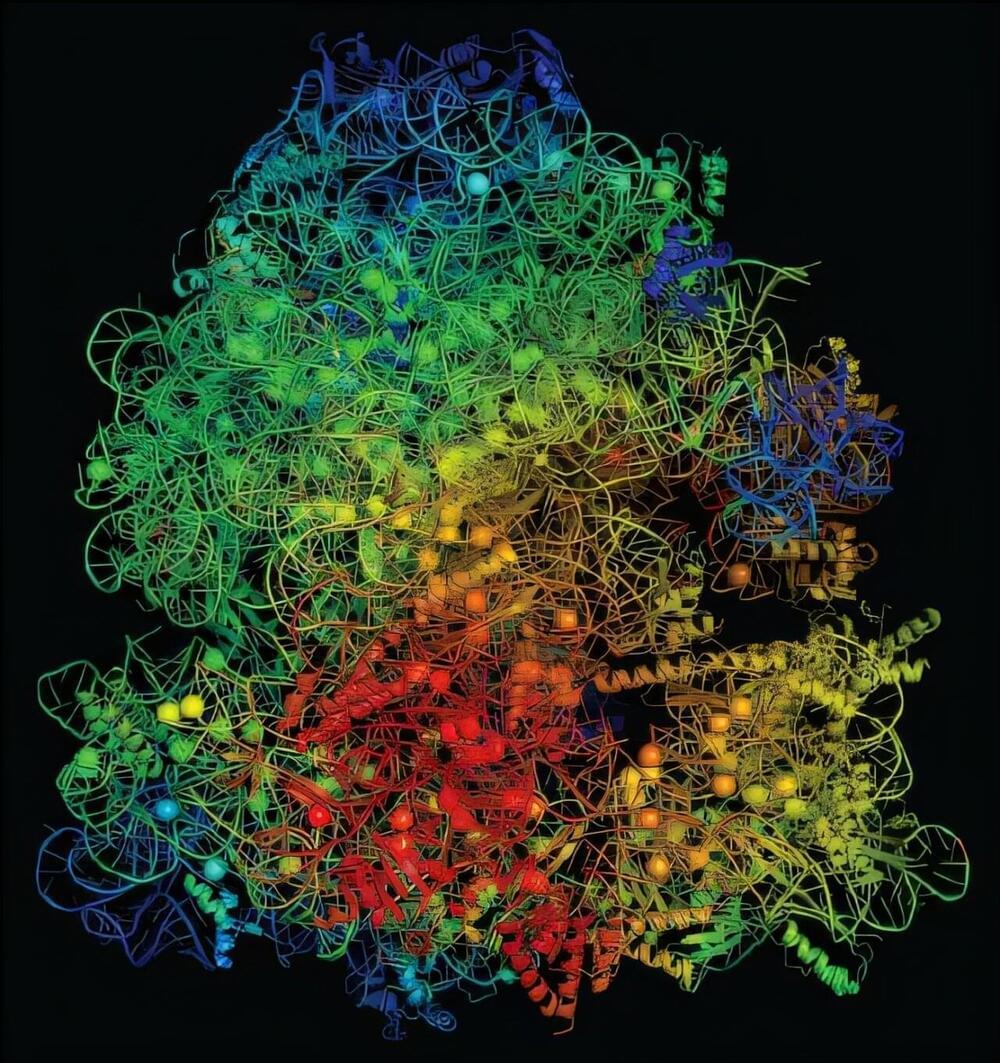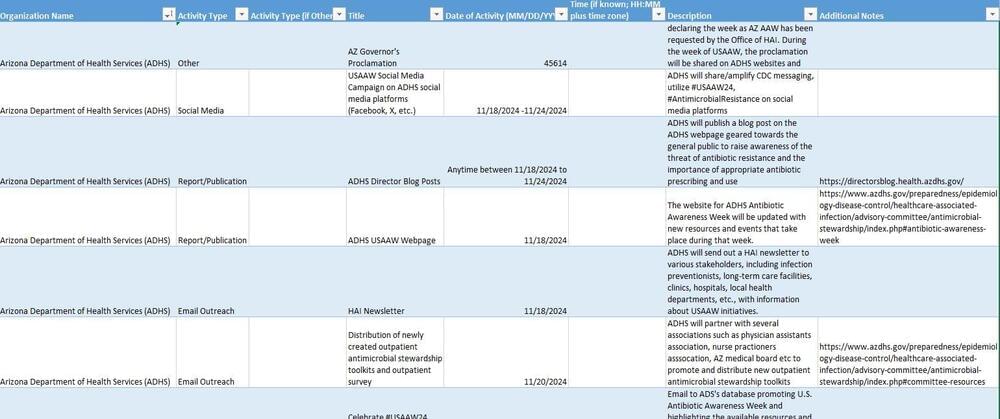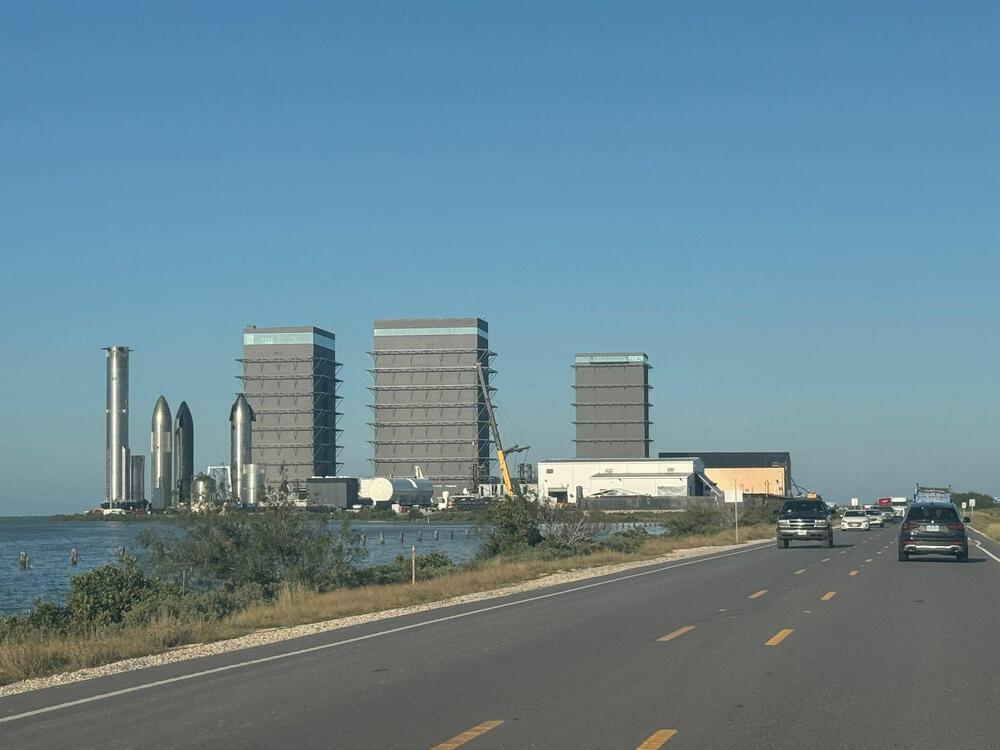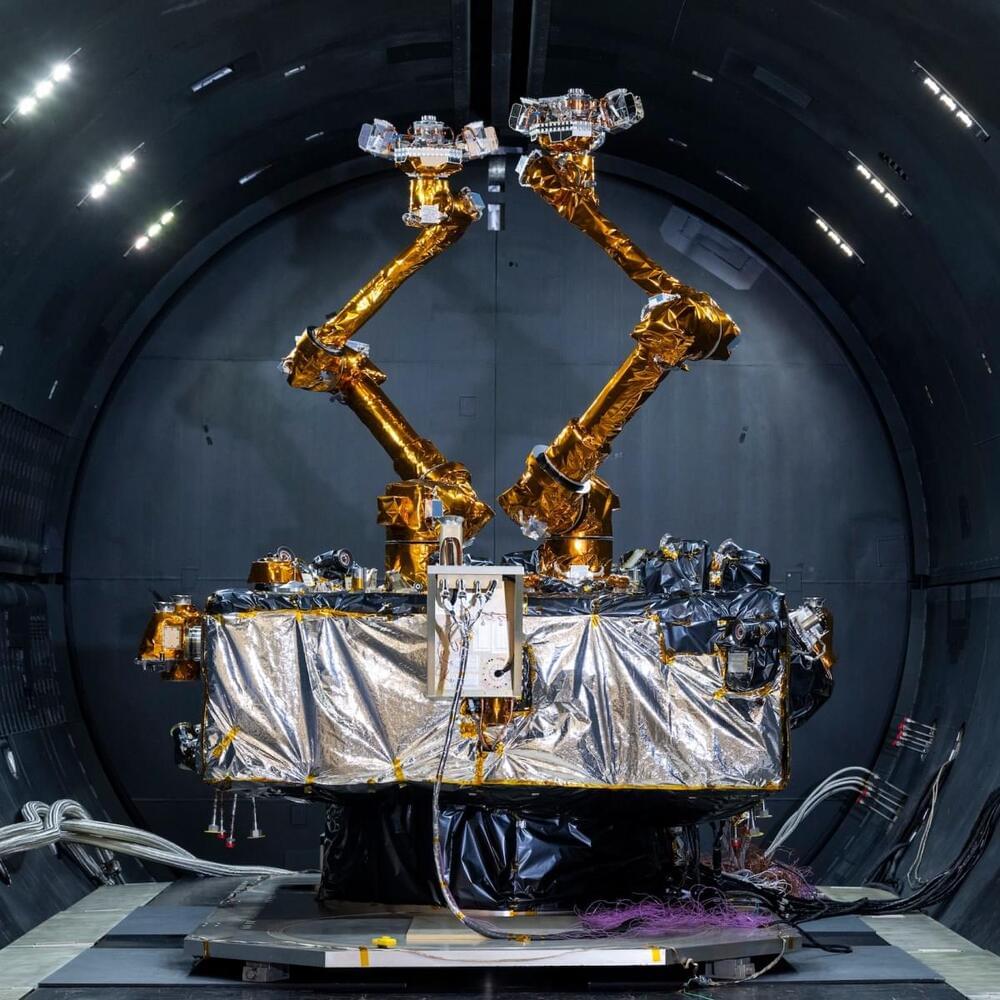WASHINGTON — Northrop Grumman’s SpaceLogistics subsidiary is eyeing a 2026 launch for its next-generation satellite servicing vehicle, the Mission Robotic Vehicle (MRV). Equipped with robotic arms developed by the U.S. Naval Research Laboratory (NRL), the MRV aims to extend the lifespan of satellites in geostationary orbit more than 22,500 miles above Earth.
NRL announced Nov. 14 that the pair of robotic arms completed crucial thermal vacuum testing and are now at Northrop’s satellite integration facility in Dulles, Virginia. The arms were developed under a Defense Advanced Research Projects Agency (DARPA) contract.
“This robotic payload promises to transform satellite operations in geostationary orbit, reduce costs for satellite operators, and enable capabilities well beyond what we have today,” said NRL’s director of research Bruce Danly.







